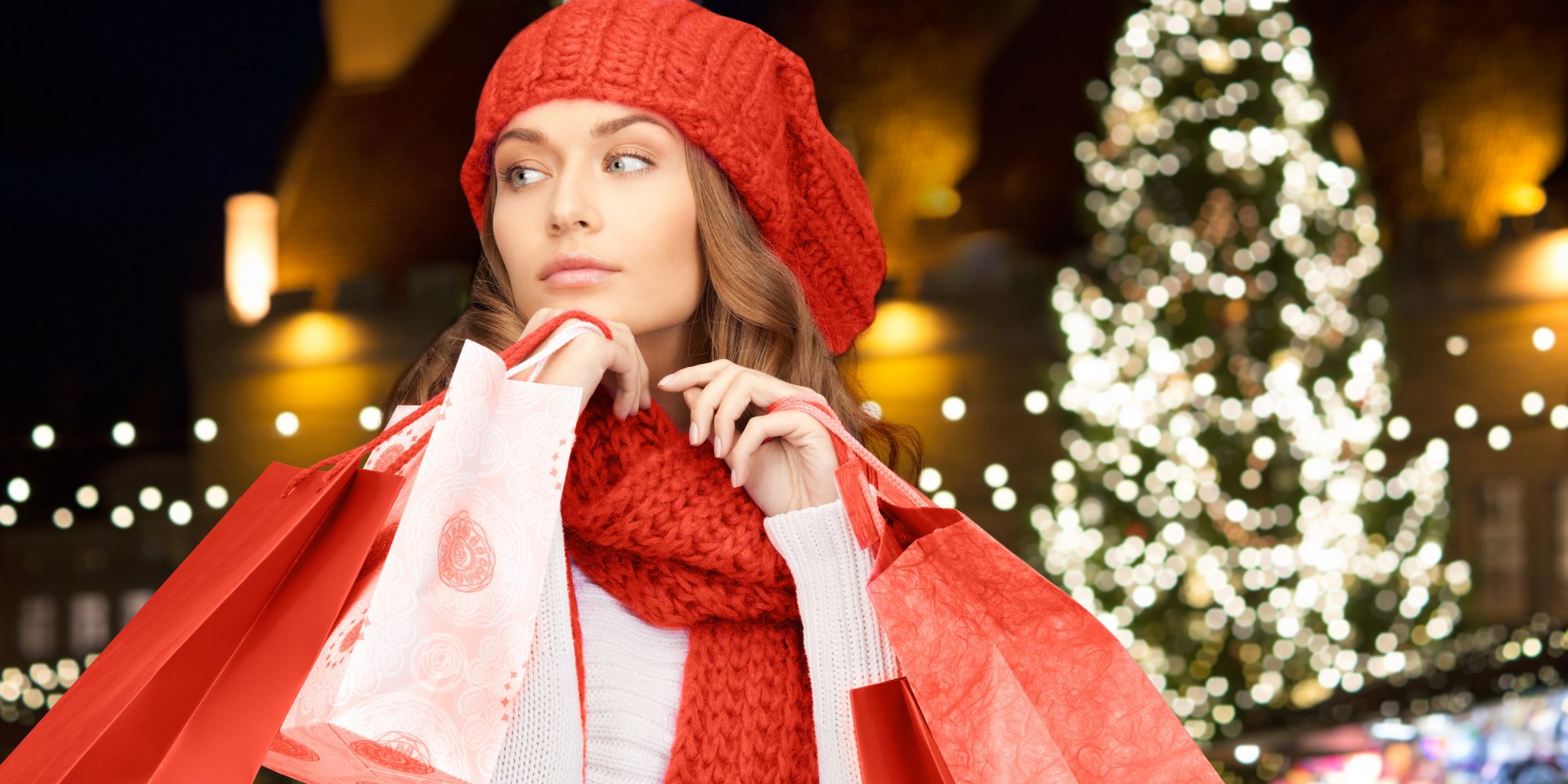
Indie Beauty Sales Surge On Black Friday And Cyber Monday Fueled By Heavy Discounting
In the bargain blitz that is Black Friday and Cyber Monday, indie beauty companies duked it out for dollars with steep discounts and gift sets that drove sales, but left brands and retailers curious about the implications of jumping into the promotional fray.
A scan of dozens of e-mails sent by emerging beauty brands showed offers ranging from 10% to 50% off for the important shopping days. Many began communicating with customers earlier than in past years, sending e-mails and engaging in social media outreach at the start of week to stoke consumer enthusiasm for purchasing beauty products.
“For an indie brand with relatively limited distribution, the challenge is: How do you break through the noise of Black Friday and Cyber Monday?” asks Murphy Bishop II, founder of Bleu Brand Development and co-founder of The Better Skin Co. “If you are an indie brand and you struggle to compete with the big guys, how creative can you get with your offering and still make it work? We are going down a path of putting things on sale, which is a very slippery slope.”
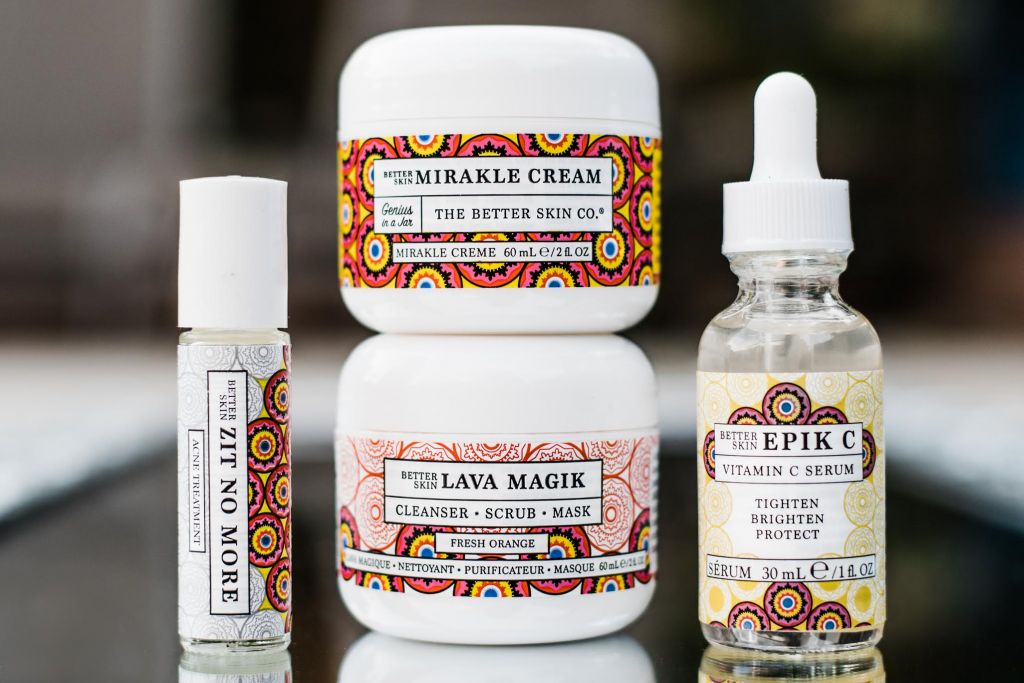
The Better Skin Co. unveiled several BOGO (buy one, get one) deals throughout the end of last week, including throwing in a 2-oz. Lava Magik with purchases. The offers seem to have caught on as Bishop projected Monday that the brand would generate four times more volume over Black Friday and Cyber Monday, a 12-year-old phenomenon that has extended to a weeklong e-commerce extravaganza, than the same period last year. Other brands experienced revenue leaps, too. SoapBox Soaps, which offered a free gift and free shipping with Cyber Monday purchases, saw sales skyrocket 530%. Prim Botanicals doubled its sales on Black Friday and Thanksgiving from a year ago, buoyed by a 25% off deal.
Across the retail industry, analysts estimated Cyber Monday sales jumped nearly 17% and Black Friday-Thanksgiving sales climbed almost 12%. The National Retail Federation has forecast holiday sales will increase between 3.6% and 4% this year.
On Saturday, Ellovi reported sales were up 1,000% over a typical day, and sales rose four to five times over the same span the prior year. Its choice to promote a 50% discount paid dividends. Due to the offer, founder Kelly Winterhalter reasons, “New customers are willing to take a chance by trying a brand they aren’t familiar with yet. For the loyal customers who keep coming back, they stock up for themselves, but also buy a ton more gifts, which brings in new customers at full price the following year. It’s a win-win.”
Skinvolve experimented with two types of offers. On Black Friday, it gave customers 40% off purchases and, on Cyber Monday, it activated a BOGO deal offering the Original Scrub for purchases of the Body Boost Gel and Body Karate Cream. The 40% deal outperformed the BOGO offer. “It seems customers prefer to choose the product and quantity versus being locked into set products,” surmises Skinvolve co-founder Christine Saleh.
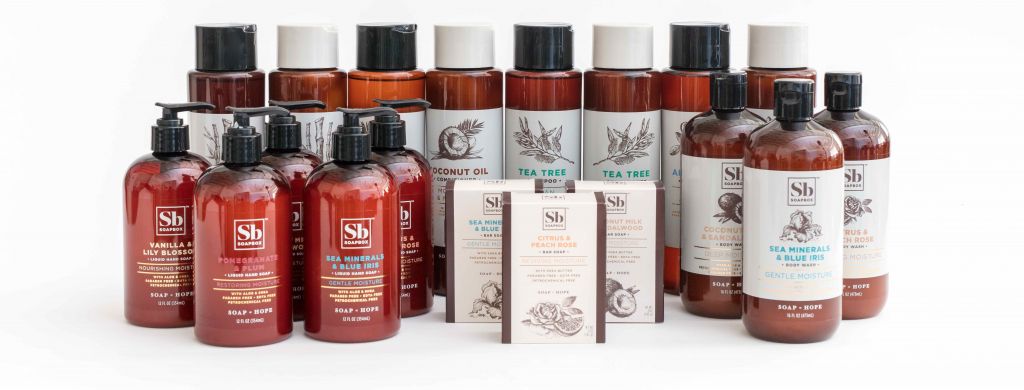
Although it originally intended to run tiered discounts, Follain decided late minute to offer a single 20% off discount for items on its website. The offer doubled the discount the natural beauty retailer provided last year. Follain introduced it to customers in an e-mail blast Thursday evening, resulting in a robust response on Friday.
“We have always been very strong on Small Business Saturday, and we were incredibly strong this year, but we have never seen people come out on Fridays and, this year, we saw a big rush on Friday,” says Tara Foley, founder and CEO of Follain. “The weather was nice, and maybe people saw the offer and were excited about it.”
Amid aggressive promotions from beauty brands, indie beauty retailers were forced to figure out strategies to keep customers from fleeing their stores in favor of brand websites. Take Care opted to avoid the Black Friday promotional push. The natural beauty shop in Washington, D.C.’s Georgetown neighborhood offered a $20 gift card with purchases of $200 or more, but didn’t discount products.
“I can’t compete with my own brands,” says Take Care owner Becky Waddell. “I’m so excited they can offer such fantastic deals for their followers, and they give people a chance to try things with less risk. I don’t really have any feelings about them offering great promotions, but that’s part of the reason we don’t do much in terms of sales or discounting. I can’t offer a 30% discount. It’s not a suitable business plan for us. I don’t want to create the expectation that we would do that in the future.”
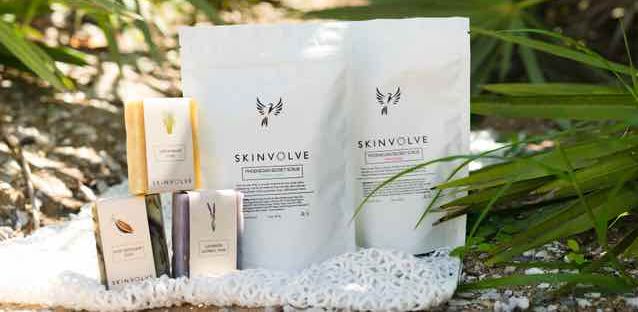
A few brands recognize the challenges facing their indie retail partners and have embarked on initiatives to support them. Margot Elena Wells, owner and creator of Margot Elena Cos., parent company of Lollia, Library of Flowers, Love & Toast, The Cottage Greenhouse and ToykoMilk, notes her brands supply small stores with holiday packages containing gifts with purchase, posters and digital media assets. “We want them to be competitive with not only what’s going on in the digital space, but also to be competitive with bigger chains,” she says. “It takes a lot of effort on the backend to do that and it cuts into our margins, but I have such love for our independent retailers, and I want to offer them something unique and competitive.”
While the interest in deep Black Friday and Cyber Monday discounts might indicate beauty shoppers were extremely price sensitive, stores and brands found shoppers weren’t unanimously frugal. At Take Care, Vintner’s Daughter’s $185 Active Botanical Serum was a brisk seller. Follain’s Foley spotted an expected mix of sheet masks, lip scrubs and deodorants performing formidably for stocking stuffers, but was surprised by an uptick in purchases of serious skincare. “It’s such a unique behavior for us,” she says. “If people are going to buy skincare, they will generally limit it to masks or products that work well for any skin type. We saw people getting into heavy-duty serums that are more skin concern specific. We really don’t know if they were for the shopper herself or for a gift.”
At natural beauty retailer Aillea, gift sets with sharp price points have been moving the holiday shopping needle. Kathryn Dickinson, founder of Aillea, mentions $38 stocking stuffer sets are being scooped up by shoppers. Ilia’s Love Me Do Gift Set with a tinted lip conditioner and multi-stick product for $42 and RMS Beauty’s Luminizer Holiday Gift Set with three luminizers for $86 have been big draws as well. “Color is harder to buy online sometimes than bath and body or soaps. The RMS set works well because the highlighters are universal, and the Ilia one works well because the brand’s lipstick is a bestseller, so people already know it,” says Dickinson. “For gift sets, people are looking for real value.”
Retailers and brands will be watching closely to determine if customers attracted by Black Friday and Cyber Monday discounts will become regular-price customers later on. “The behavior of the customer who is going after these sales is very interesting. We saw a lot of new customers coming through for the sale specifically, and I want to keep them. I don’t think she’s a small maker, small store customer. She’s not really focused on that. She’s focused on the sale, but I would like to make sure she stays within the community,” says Foley. “I think we can do that with the right communication to this customer.”
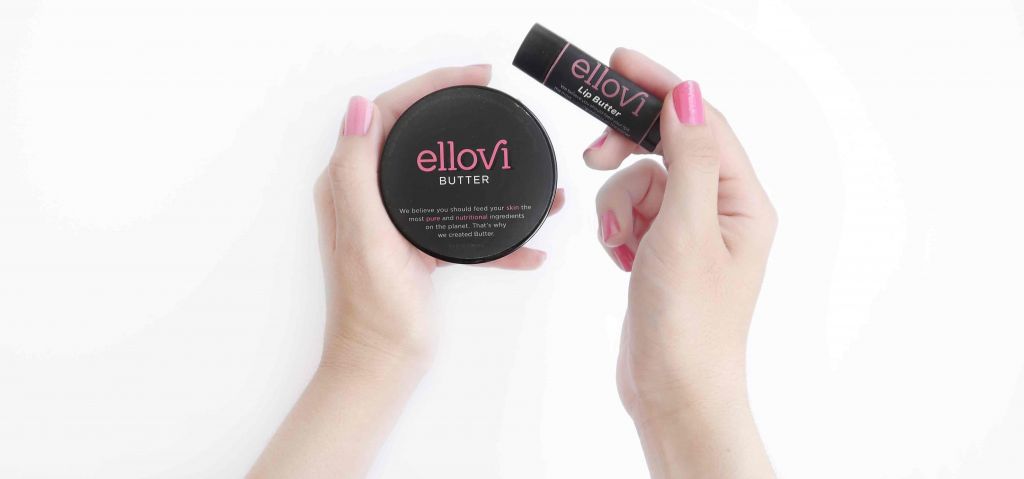
Bishop II wonders if the Black Friday/Cyber Monday discount customer will be willing to pony up without promotions. “If we continue to dilute the cosmetics world with sales, which is happening, how are we going to keep them coming back? Are we going to turn into an industry where we lose that full-price shopper who shops on a random Tuesday in January?” he queries. For now, Bishop II is busy thinking about ways to convince first-time customers to keep buying The Better Skin Co. merchandise after Black Friday/Cyber Monday using samples, additional holiday products and targeted messages.
Overall, indie beauty brands and retailers are cheerful heading into the rest of the holiday shopping season. “We definitely had a stronger front end of the month than we did last year. You normally see people pull back on spending waiting for the holidays, Black Friday and the peak gift shopping time. I’m optimistic because of the strong beginning of the month that’s been trending higher than October, which was not the case last year. Last year, we saw a dip in the first two weeks of the month and, in the last week, shoppers came flooding in,” says Dickinson. “Hopefully, with the economy being stronger, people are excited for the holidays.”


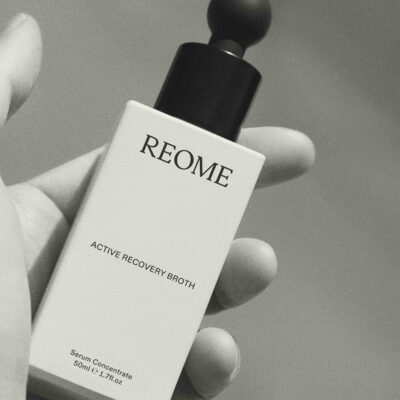
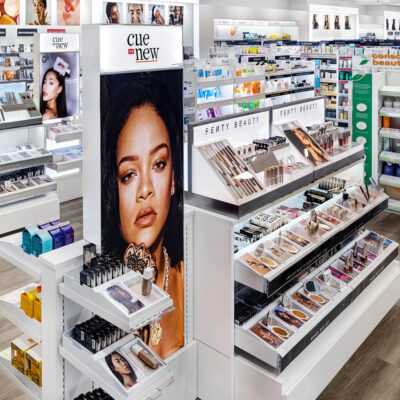
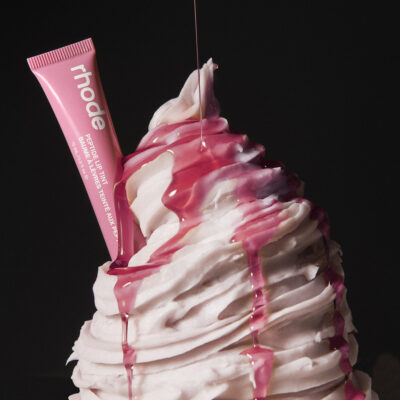
Leave a Reply
You must be logged in to post a comment.